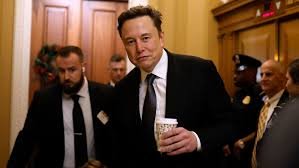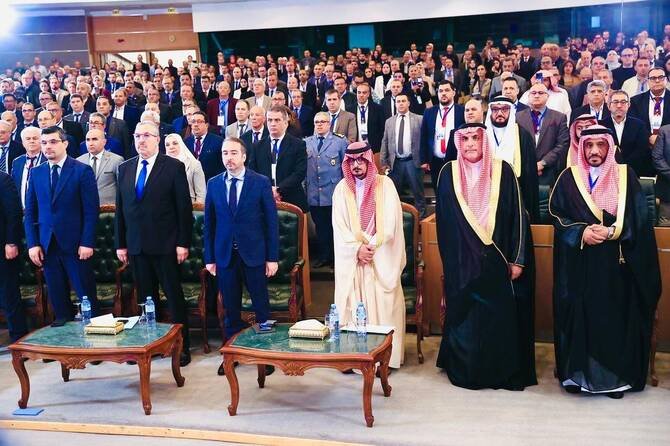
There was not much of a spectacle during the standoff at 1300 Pennsylvania Avenue. A few blocks from the White House, on the first day of February, a group of individuals who worked for Elon Musk had arrived to the U.S. Agency for International Development (USAID) and demanded complete access to the organization’s headquarters. The employees of the agency declined. There were no firearms out. No blows were exchanged. No one called the cops. However, probably no other image in the early days of the Trump Administration made the forces altering American government more evident.
An organisation with a $35 billion budget, a 64-year history, and a federally mandated mission stood on one side. Musk’s political wrecking gang was on the opposing side. They claimed to be from the Department of Government Efficiency (DOGE), a group of temporary employees without a website, a charter, or any discernible legal authority. The reason for its strength is that Musk, the richest person on the globe, has been tasked with eliminating large portions of the government bureaucracy, including cutting budgets, dismantling the civil service, and denying independent agencies the capacity to obstruct the President’s goals.
At the end of January, Musk’s team—a collection of his enthusiastic and youthful supporters—was permitted to spend several days inside USAID’s offices by the organization’s leadership. According to multiple USAID workers who told TIME about the incidents, “the DOGE kids,” as some of the staffers referred to them privately, examined desks and questioned supervisors while walking the hallways with clipboards. However, as the weekend drew near, the agency’s security chiefs were unable to accommodate their demands, which included access to facilities intended to house confidential material.The DOGE men said they would call the U.S. Marshals and order them out of the building. They told Musk about the issue as well. Soon after, Musk commented to his 215 million followers on his social networking platform, X, “USAID is a criminal organisation.” It’s time for it to pass away.
It was still unclear what motivated Musk’s campaign. But whatever the cause, by the next morning, an organisation that distributes tens of billions of dollars every year to combat illness and starvation and provide clean water to millions had mostly stopped operating. In less than a week, its offices worldwide closed and almost all of its employees were put on leave.




